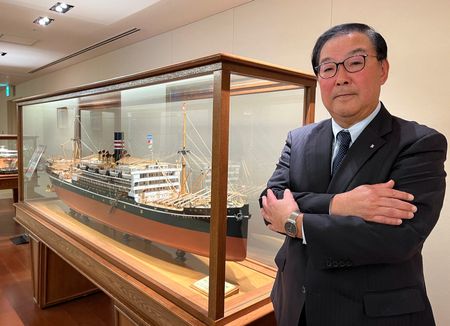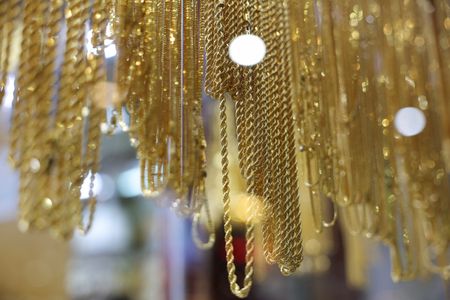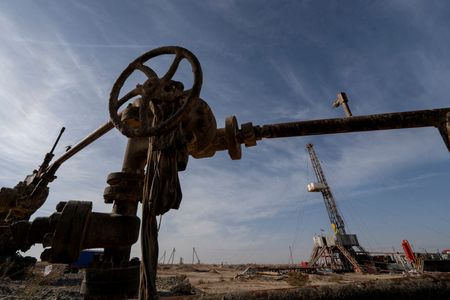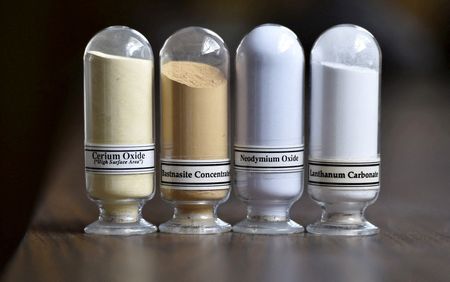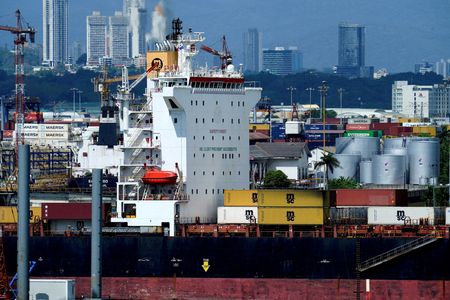By Yuka Obayashi
TOKYO (Reuters) -Nippon Yusen (NYK), Japan’s largest shipping line, is concerned that U.S. President Donald Trump’s tariffs could push up the cost of automobiles and daily goods, denting consumer demand and slowing cargo flows, its president said.
“The tariffs are not directly borne by consumers, but the burden ultimately falls on them, which in turn reduces the actual flow of goods. That’s our biggest concern,” President Takaya Soga told Reuters in an interview on Monday.
Trump last week unveiled plans to impose a 25% tariff on automobile imports, a move expected to hit Japan’s export-driven economy. He has also vowed to announce reciprocal tariffs targeting all trading partners on Wednesday.
“Tariffs could have a considerable impact on the economy,” Soga said, adding that the extent of the impact on shipping and logistics companies will depend on actual cargo movements.
However, Soga sees potential benefits from the trade war. As seen during the COVID-19 pandemic, even if cargo volumes decline, tariff-related procedural delays could disrupt logistics, tighten ship demand and lift freight rates, he said.
And if China shifts to sourcing raw materials from outside the U.S., NYK could find business opportunities.
A rush for general consumer goods drove up cargo movement in December until just before the Chinese New Year in anticipation of U.S. tariffs, but there has been no major shift in material flows since they took effect, Soga said.
The United States is also planning to charge fees for docking at U.S. ports on any ship that is part of a fleet that includes Chinese- built or Chinese-flagged vessels and will push allies to do similar or face retaliation.
Of the roughly 800 vessels owned or operated by NYK, less than 10% are China-built, according to the company.
“The U.S. government will carefully examine the policy, including whether it will be implemented, so we cannot say now that we will stop ordering vessels from China,” he said.
With ongoing geopolitical risks in the Middle East, Soga expects Red Sea avoidance to continue for a while. Disruption in the Red Sea due to attacks by Yemen’s Houthi militants absorbed extra capacity last year, as many ships took a longer route around Southern Africa.
While container vessel congestion in the Panama Canal has largely been resolved, NYK is urging the Panama Canal Authority to reinstate Tier 1 priority for liquefied natural gas (LNG) tanker traffic, Soga said.
Regarding the investment plans in vessels involved in offshore wind power projects, Soga said the company’s plans in Japan may be delayed due to slower-than-expected market development, but overseas investments will proceed sooner.
(Reporting by Yuka Obayashi, Additional reporting by Tim Kelly; Editing by Sonali Paul)

